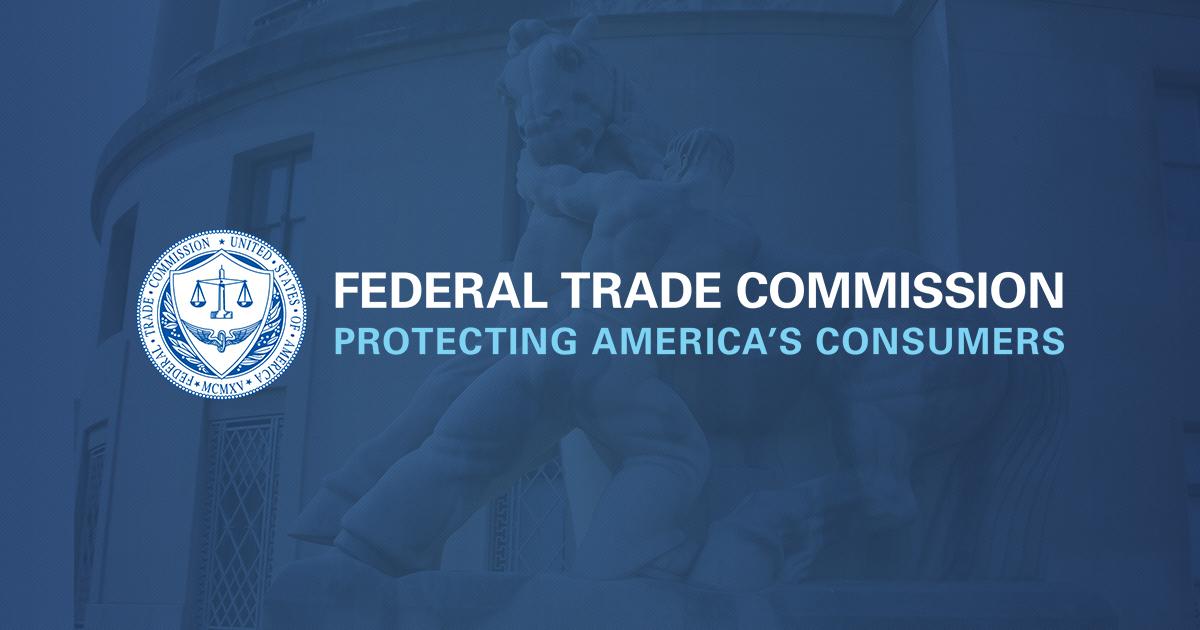The Federal Trade Commission will require energy investor ArcLight Energy Partners Fund VI, L.P., to divest its ownership interest in four light petroleum product terminals in Pennsylvania, as part of a settlement resolving charges that ArcLight’s acquisition of Gulf Oil Limited Partnership from its parent company, Cumberland Farms, Inc., would likely be anticompetitive.
Terminals serve as delivery points along pipeline and marine routes for the transport of light petroleum products, or LPPs, from the refineries where they are produced. Terminals receive bulk quantities of LPPs (for example, gasoline and distillates) from a pipeline or vessel, hold the products in storage tanks, and dispense them in smaller quantities onto tanker trucks for local delivery to retail locations and commercial customers.
According to the complaint, there is no cost-effective substitute for terminals and the services they provide. Trucking directly from refineries to retail locations and commercial customers would not be an economical alternative because of the high costs associated with long-distance trucking.
The Commission alleges that if the acquisition takes place as proposed, it will increase concentration in three Pennsylvania terminal markets that are already highly concentrated: Altoona, where ArcLight would own the only terminal handling gasoline and one of two terminals handling distillates; Scranton, where ArcLight would own one of two terminals handling gasoline and distillates; and Harrisburg, where ArcLight would own one of two terminals handling gasoline and one of three terminals handling distillates. The acquisition would likely substantially reduce competition in these markets, according to the complaint.
The Commission also alleges that if the acquisition takes place as proposed, competitors that want to enter the Altoona, Scranton, and Harrisburg markets are unlikely to overcome the high sunk costs and other barriers to entry associated with building a new terminal, and thus counteract the acquisition’s anticompetitive effects. ArcLight has significant excess terminal capacity in these markets, which also would discourage new competitors, according to the complaint.
Under the terms of the proposed settlement, ArcLight and Gulf agree to divest to Arc Logistics, or another acquirer approved by the Commission, four of Gulf’s Pennsylvania LPP terminals: one in Altoona; one in Pittston Township in the Scranton market; and one each in Mechanicsburg and Williamsport in the Harrisburg market. To ensure that the divested terminals will remain viable and competitive during their transition in ownership, the order requires ArcLight to maintain minimum throughput volumes at the terminals for two years; to supply Arc Logistics with renewable fuels that may be blended with LPPs for five years; and to allow any ArcLight and Gulf customers in the Altoona, Scranton, and Harrisburg markets to cancel their terminaling service contract without penalty for six months after the divestiture, so that Arc Logistics can compete for these customers.
Details about the case are set forth in the analysis to aid public comment for this matter. The Commission vote to issue the complaint and accept the proposed consent order for public comment was 4-0.
The FTC will publish the consent package in the Federal Register shortly. The agreement will be subject to public comment for 30 days, beginning today and continuing through January 27, 2016, after which the Commission will decide whether to make the proposed consent order final. Comments can be filed electronically or in paper form by following the instructions in the “Supplementary Information” section of the Federal Register notice.
NOTE: The Commission issues an administrative complaint when it has “reason to believe” that the law has been or is being violated, and it appears to the Commission that a proceeding is in the public interest. When the Commission issues a consent order on a final basis, it carries the force of law with respect to future actions. Each violation of such an order may result in a civil penalty of up to $16,000 per day.
The Federal Trade Commission works to promote competition, and protect and educate consumers. You can learn more about how competition benefits consumers or file an antitrust complaint. Like the FTC on Facebook, follow us on Twitter, read our blogs and subscribe to press releases for the latest FTC news and resources.

